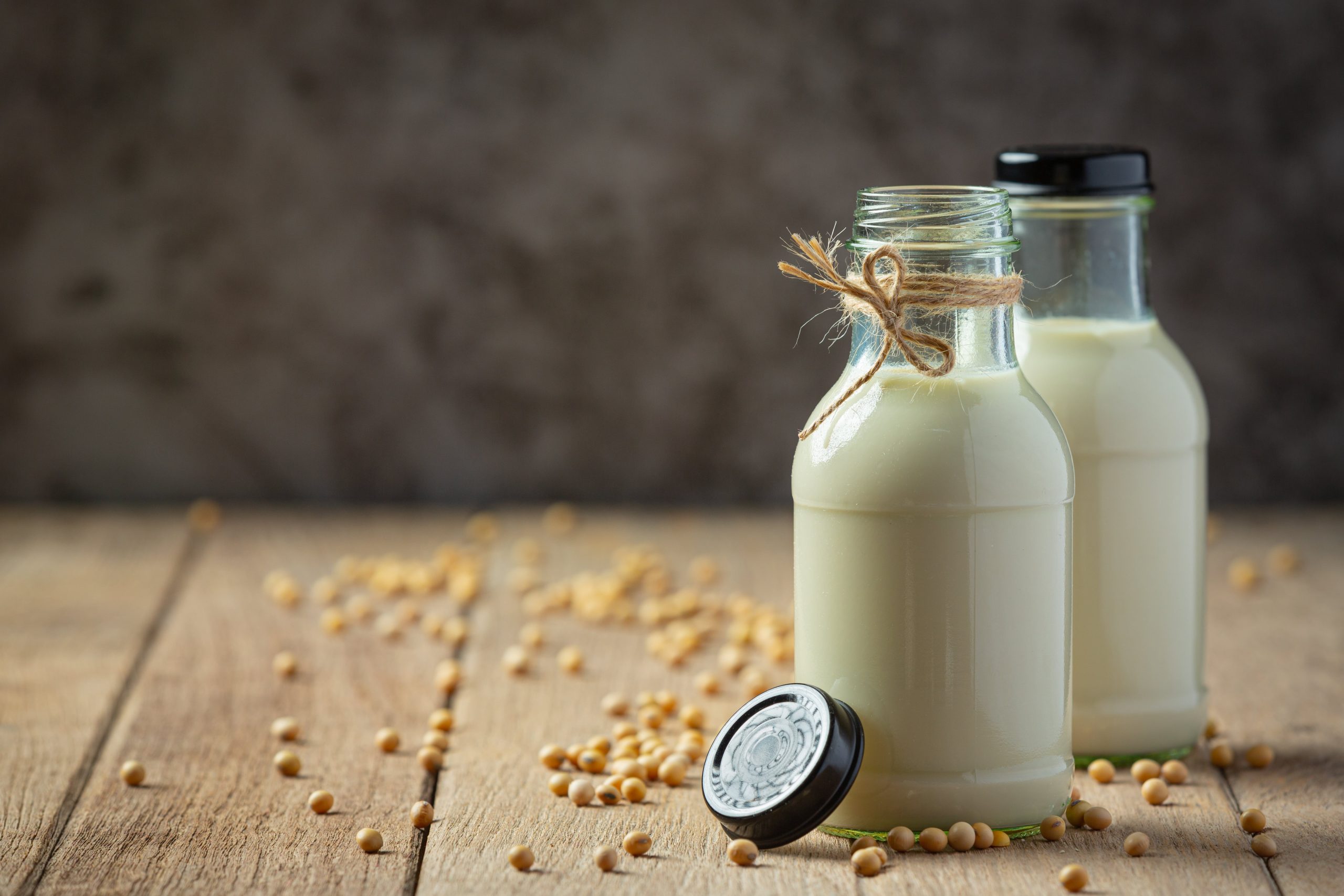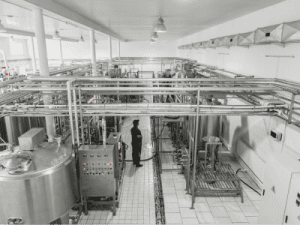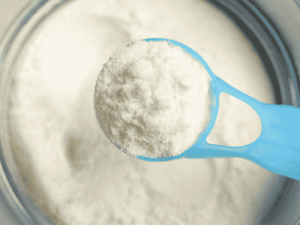Milk Fertification

MILK FORTIFICATION
Milk is regarded as a wholesome and nutritious beverage. However, not all populations have easy access to nutrient rich food sources leading to deficiencies that can have long-term health consequences. Milk fortification can significantly improve the nutritional content of milk, by adding VitaminD, as Vitamin D is essential for bone health as it helps the body absorb calcium. Iron fortification is also an essential aspect of milk fortification. It is an efficient and sustainable approach to improving public health.
Milk Fortification With Vitamin A & Vitamin D
Liquid Milk Fortification
Dried Milk Fortification
FSSAI Recomendations
Liquid Milk Fortification

Common Vitamins Used in Milk Fortification :
- Vitamin D: Enhances calcium absorption, promoting bone health and preventing rickets.
- Vitamin A: Supports vision, immune function, and skin health.
- Other Vitamins (optional): In some cases, B vitamins like riboflavin (B2) or cobalamin (B12) may be added, though these are usually present naturally in milk.
Dried Milk Fortification
Purpose of Dried Milk Fortification

- Extended Shelf Life: Compared to fresh milk, dried milk with added vitamins is shelf-stable, making it suitable for distribution in remote or disaster-affected areas.
- Cost-Effective Nutrient Delivery: Provides essential nutrients economically, particularly in regions with limited access to diverse foods.
- Customizable Nutrition: The level of fortification can be tailored to meet specific population needs or address regional deficiencies.
FSSAI Recomendations

The Food Safety and Standards Authority of India (FSSAI) has established comprehensive guidelines for fortification of milk, including dried milk, under the Food Safety and Standards (Fortification of Foods) Regulations, 2018. These regulations aim to enhance public health by addressing micronutrient deficiencies in the population. Key Points About FSSAI Standards for Milk Fortification:
FSSAI recommends fortification with:
- Vitamin A: Added at 770 International Units (IU) to 930 IU per liter of milk.
- Vitamin D: Added at 550 IU to 650 IU per liter of milk.


